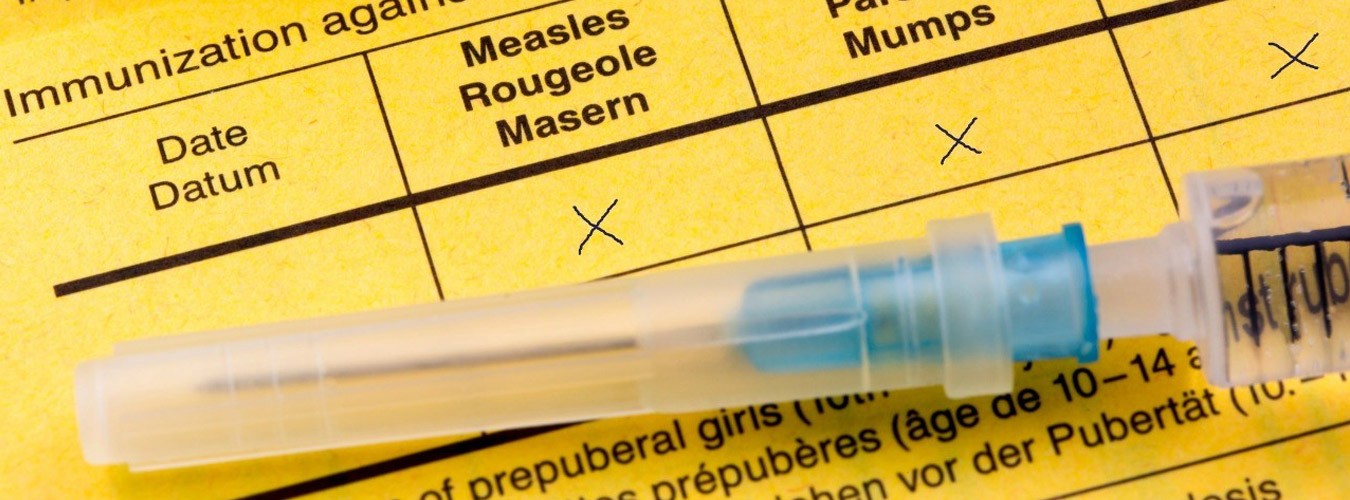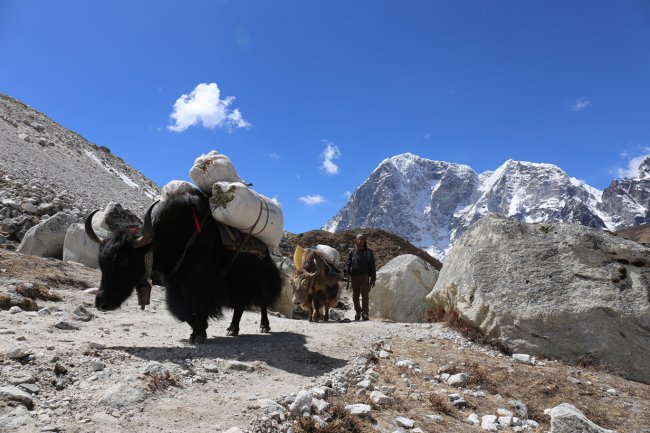Since health hazard are inevitable and safety is important, we always recommend you on some vaccines, anti malarial medications & targeted travel health advices:Remember it is advisable to consult a travel health specialist prior to departure.. It is recommended that you visit a travel health professional 6-8 weeks prior to departure. For someone who wants to go for trekking, the following information is taken into account:
➱ The personal health of the traveler including past medical &vaccination history
➱ Intended activities
➱ Precise itinerary
➱ Style of travel
➱ Type of accommodation
➱ Time of year
➱ Altitude
➱ Length of stay
Some vaccines like rabies & tuberculosis are also very much influenced by local disease risk. Pre-travel preparation is always helpful protect while you are away. It is also important for you to know and understand some major health hazard you might face during your travel in Nepal. The below information provides a brief description of some of the major travel health issues & vaccinations that should be considered for travel to Nepal.
Major Travel Health Issues & Considerations for Nepal
The diseases mentioned below are common in developing countries like Nepal, India and other south Asian countries. These diseases can be prevented through prescribed vaccines and travelers to Nepal are highly recommended to immunize themselves with the vaccines.
Hepatitis A
This is a viral disease of the liver which is transmitted through eating contaminated food or drinking contaminated water.
Hepatitis B
This is a viral disease of the liver that is transmitted via blood, blood products or bodily fluids. It is vaccine preventable.
Typhoid
Typhoid Fever is caused by a bacteria found in contaminated food & water. It is endemic in the developing world & vaccination is recommended for travelers to areas where environmental sanitation & personal hygiene may be poor. The adventurous eater venturing off the beaten path should certainly consider vaccination.
Tetanus, Pertussis & Diphtheria
Tetanus is caused by a toxin released by a common dust or soil bacteria, which enters the body through a wound. Diphtheria is a bacterial infection of the throat & occasionally of the skin. It is found worldwide & is transmitted from person-to-person by coughing & sneezing. Pertussis (Whooping cough) is a highly infectious respiratory infection responsible for 300,000 deaths annually, mainly in children. Diphtheria & pertussis vaccines can be added to the tetanus vaccine. Because many adults no longer have immunity from childhood immunization it is advised that travelers to less developed countries have a tetanus, diphtheria & pertussis booster.
Measles, Mumps & Rubella
Travelers whose birth date is after 1966 should check they have had 2 doses of measles vaccine. Since 1990 this may have been as the combination vaccine MMR (measles, mumps & rubella). Those born prior to 1966 are most likely to have long term immunity from previous exposure as a child.
Chickenpox
This very common infectious disease can now be prevented through immunization.
Influenza
Individuals intending to travel out of an Australian winter might consider the current flu vaccine at the beginning of the season. Exposure to illness in airports & commuter transport is common & exposure may ruin a much needed break. In fact, influenza is likely to be the most common vaccine preventable disease faced by travelers.
Poliomyelitis
All travelers to Nepal should be up to date with vaccination against polio. Poliomyelitis is a viral infection that can lead to paralysis & sometimes death. Transmission is by faecal contamination of food, usually by unhygienic food handlers or flies, or directly from infected nasal secretions. Polio is no longer endemic in Nepal, but imported cases from India do occur. Although most Australians & New Zealanders will have been immunized in childhood, it is important to note that efficacy wanes after 10 years & a booster dose is recommended if travelling to a country where the disease can still be found.
Malaria
Malaria is transmitted by a night biting mosquito. The decision to use or not use anti-malarial drugs should be made after consultation with a travel health specialist, taking into consideration the relative malaria risk of areas on the traveler’s itinerary as well as potential side effects & cost of available drugs.
Meningitis
Meningitis is an inflammation of the membrane overlaying the brain. It can be caused by bacteria, a virus or a fungus. Bacterial meningitis is the form of most concern to travelers. It is a serious disease & can rapidly become life threatening. It is transmitted from person-to-person through close contact (i.e. droplet infection the same way you catch a cold). Vaccination might be considered for those backpacking off the beaten path or those working in health areas where crowded conditions occur. The tea house accommodation in most of the treks in Nepal is conducive to the spread of meningitis & epidemics occur sporadically.
Japanese Encephalitis (JE)
JE is a mosquito borne viral disease prevalent in rural areas of Asia that can lead to serious brain infection in humans. Risk is usually greatest during the monsoon months. A vaccine is available & is particularly recommended for adults & children over 12 .The risk are higher in the southern lowlands bordering India (Terai).
Rabies
Rabies is a deadly viral infection of the brain transmitted to humans. The disease itself is rare in travelers, but the risk increases with extended travel & the likelihood of animal contact. The best way to avoid rabies is too avoid all contact with animals. Dogs are the main carriers; however monkeys, bats, cats & other animals may also transmit the disease. Pre-exposure vaccination is recommended for extended travel & those who work with, or are likely to come in contact with animals.
Cholera
Cholera is a severe, infectious diarrheal disease caused by bacteria. It is associated with conditions of poor sanitation. Cholera causes severe & rapid dehydration. Travelers who follow the rules of eating & drinking safely will minimize their risk.
Traveler’s Diarrhea
Up to 40% of tourists may develop 3 or more loose motions a day within the first week of travel. A variety of germs can be responsible for this infection & a Travelers Medical Kit containing appropriate therapy can rapidly improve the symptoms. It is also important to follow the rules of healthy eating & drinking to minimize risks.



